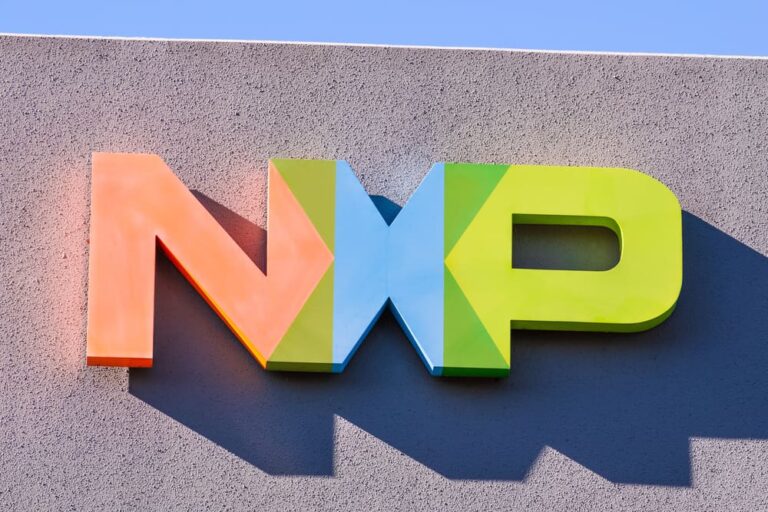NXP is getting a new CEO. The news that veteran Kurt Sievers is stepping down in October led to a 7 percent drop in the share price. Rafael Sotomayor, who already works at NXP, will succeed Sievers.
Sievers has been at the helm of the Dutch chip manufacturer since 2009 and has been CEO since 2020. Along with his retirement announcement, NXP presented its quarterly figures. The company posted earnings per share of $2.64 in the first quarter, exceeding expectations of $2.58. However, revenue fell 9 percent to $2.84 billion, although this was just above analysts’ expectations of $2.83 billion.
Despite exceeding expectations, the decline in revenue had a significant impact on profitability. NXP reported net income of $490 million, down 23 percent from $639 million in the same period last year.
Challenging market conditions
Sievers acknowledged in a statement that the company is facing a challenging market, influenced by macroeconomic factors beyond NXP’s control. “Given these external factors, we are doubling our efforts to focus on what is within our direct control, enabling NXP to continue to deliver solid profitability and results,” he told investors.
Nevertheless, NXP gave an optimistic outlook for the coming quarter, with revenue forecast to be in the middle of the range at $2.9 billion. Wall Street expects revenue of only $2.87 billion for the second quarter.
Leadership change
Investors reacted particularly to the unexpected news that Sievers will step down as CEO at the end of this year. According to the statement, Sievers will hand over the reins to Sotomayor on October 28. Until then, he will work closely with his successor to ensure a smooth transition.
Declining results in all segments
Sotomayor will face challenges, as the company has been experiencing revenue declines in all four of its main business segments for some time. Unlike other chip manufacturers, such as Nvidia, NXP has not been able to benefit from the demand for artificial intelligence because it focuses more on legacy chips. With the automotive sector also struggling (particularly in Europe), NXP’s current position is not particularly strong. However, the chip market operates in cycles, with winners and losers fluctuating.
To emphasize this point about a difficult automotive market, within this sector, the company is facing declining consumer interest in electric vehicles, which is reflected in its latest results. The automotive segment generated revenue of $1.67 billion in the quarter, down 7 percent from last year and below analysts’ expectations of $1.69 billion.
NXP’s second-largest segment, Industrial & IoT, suffered even more, with revenue falling 11 percent to $508 million. Sales in the Mobile segment declined 3 percent to $338 million, while the Communications, Infrastructure and Other segment reported revenue of $315 million, down 21 percent from a year earlier.
Recent acquisitions
During the quarter, NXP continued its recent acquisition strategy. In February, it completed its third major acquisition of the year with the purchase of Kinara Inc., a California-based manufacturer of neural processing units for AI workloads at the edge, for approximately €250 million.
TTTech Auto had previously been acquired for approximately €600 million. More information about both acquisitions can be found here: NXP acquires Kinara to support AI workloads at the edge
